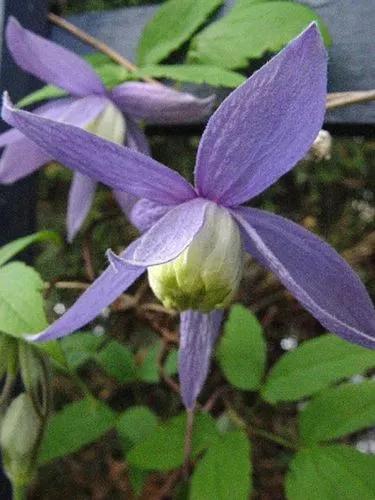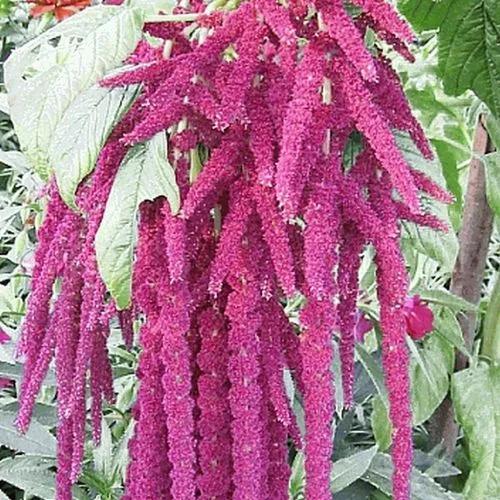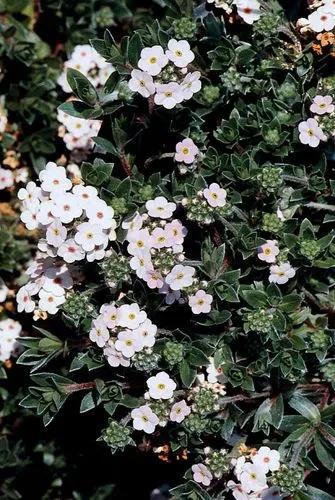Skimmia japonica, the Japanese skimmia, is a species of flowering plant in the family Rutaceae. Growing to 6 m tall and wide, it is a rounded evergreen shrub with glossy, leathery leaves widely cultivated as an ornamental plant in gardens and parks.
Skimmia Care
Skimmia japonica



Skimmia shrubby species gets its name from its place of origination i.e., Japan. The plant is also natively found in China and Southeast Asia. Skimmia is characterized by its compact shrub-like foliage dense branches with simple aromatic leaves. The dark-green foliage of this plant looks even prettier when white flowers or yellowish flowers grow during its bloom time. The shrubs are widely cultivated as ornamental plants and used in parks and woodland gardens alongside other flowering plants. When cultivated for ornamental purposes, the plant typically grows up to 5′ feet. Skimmia has a slow growth rate and has a spread anywhere between 4′-5′ feet in diameter.
How to Care for the Plant

Water

Skimmia has average watering needs. It does well in moist soil, so make sure to water it regularly while avoiding drowning the roots in too much water. Overwatering can cause root rot and be harmful to the plant’s health.

Fertilizer

Feeding depends on the health of the foliage. If the leaves on the plant are green, lush, and healthy, delay fertilization. However, if you notice the leaves fading in color and stunted growth, feeding is required. Regardless, the best time to feed the plant is during late winter or early spring.

Sunlight

The plant performs well in both partial shade to full shade locations. In moderate climates, the plant can tolerate full sun.

Soil

Japanese skimmia prefers slightly acidic soil with a pH of 5.6 to 6.0. Moderately fertile soil, rich in humus, and well-drained works extremely well.

Temperature

Skimmia is relatively easy to grow in moderate temperatures. The lowest winter temperature they will tolerate is down to −17.8°C (0°F).

Popularity

1,583 people already have this plant 227 people have added this plant to their wishlists
Discover more plants with the list below
Related articles






